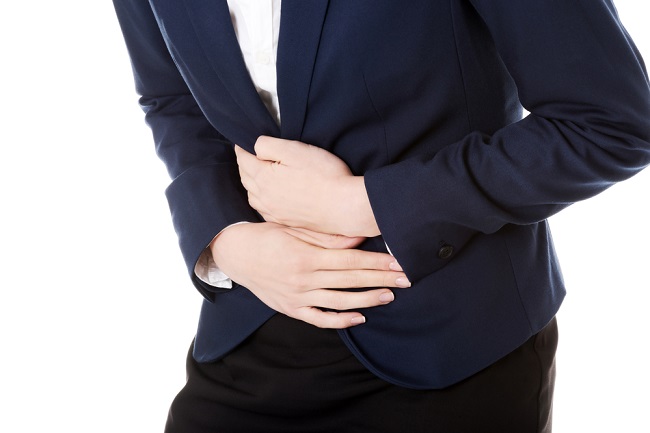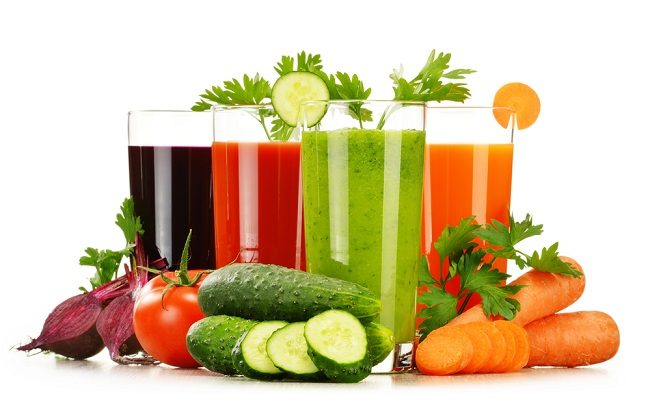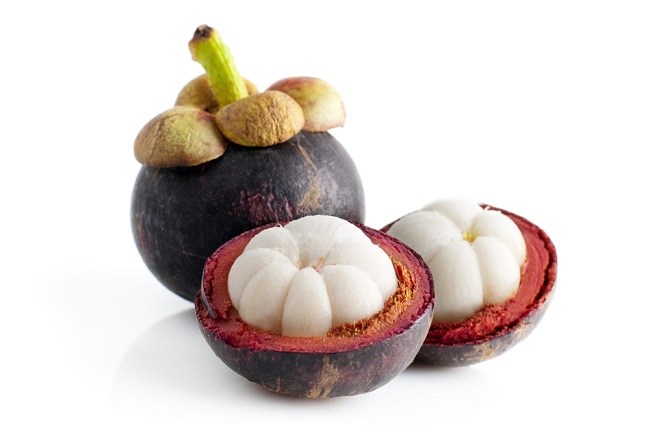Pregnant women are advised to eat a variety of nutritious foods to support fetal growth and development. One of the nutrients that need to be fulfilled is omega-3 fatty acids. Pregnant women can find sources of omega-3 fatty acids in various types of food.Anything, huh? Come on, see here!
Omega-3 fatty acids are a type of healthy fat that plays an important role in helping the development of the body's nerves, brain, and eyes of the fetus in the womb. Pregnant women who consume enough omega-3 are also more likely to give birth to babies with good immune systems.

Moreover, adequate intake of omega-3s has been shown to improve the mood of pregnant women who generally fluctuate frequently, prevent postpartum depression, prevent premature labor, and facilitate the delivery process.
Source of Omega-3 Fatty Acids for Pregnant Women
Omega-3 fatty acids are divided into three types, namely docosahexaenoic acid (DHA), eicosapentanoic acid (EPA), and alpha-linolenic acid (ALA). These three types of omega-3 have important functions for the health of pregnant women and fetal development.
There are many sources of omega-3 fatty acids that pregnant women can consume. Here is the list:
1. Fish and seafood
Fish is a source of omega-3, especially DHA, which is good for pregnant women to consume. Choose fish that are low in mercury, such as salmon, herring, sardines, anchovies, and catfish. In addition to fish, pregnant women can also get DHA from seafood that is low in mercury, such as shrimp, squid, scallops, oysters, or lobster.
Beware of the dangers of high-mercury fish, yes, pregnant women. Excess mercury can actually interfere with the development of the brain and nervous system, and increase the risk of vision, hearing, breathing and growth problems. Examples of fish that are high in mercury are tuna, mackerel, marlin, shark, and tilefish.
2. Egg omega 3
Experts suggest pregnant women consume omega-3 eggs as a source of DHA. Actually, egg yolks do contain omega-3. However, the amount is not so high that it cannot be categorized as a food source of omega-3. So, pregnant women should choose eggs labeled omega-3, yes.
3. Walnuts
walnuts (walnuts) is a delicious snack option rich in omega-3s. These nuts even contain more ALA than other types of nuts. In the body, ALA can reduce inflammation which is known to increase the risk of developing preeclampsia and gestational diabetes.
4. Chia seeds
Superfood This one does not need to doubt the benefits. Besides being rich in omega-3, chia seeds contains nutrients that can support the formation of fetal bones and teeth, and prevent pregnant women from experiencing constipation and anemia.
However, make sure to consume chia seeds during pregnancy in sufficient quantities. If consumed in excess, chia seeds it can make pregnant women's stomach uncomfortable or even cause diarrhea.
5. Flaxseed
Another source of omega-3 that pregnant women can consume is flaxseed (flaxseed). In addition to omega-3, this food also contains a variety of nutrients that can nourish the pregnant woman's body as a whole, such as fiber which can improve digestion and lower blood cholesterol.
Flaxseeds cannot be consumed in their whole form. Pregnant women can consume flaxseeds that are already in powder form by adding them to yogurt, cakes and breads. In addition, omega-3 from flaxseed can also be obtained in the form of extracted oil.
That's a variety of foods with omega-3 content that pregnant women can consume. In addition to the foods above, pregnant women can also take fish oil supplements to help meet omega-3 intake. Make sure the supplement you choose contains at least 300 mg of DHA.
In addition to omega-3, pregnant women need to meet their nutritional intake from other healthy foods. If pregnant women still have questions regarding omega-3 foods or other nutritional sources that need to be consumed during pregnancy, don't hesitate to consult with your doctor.









